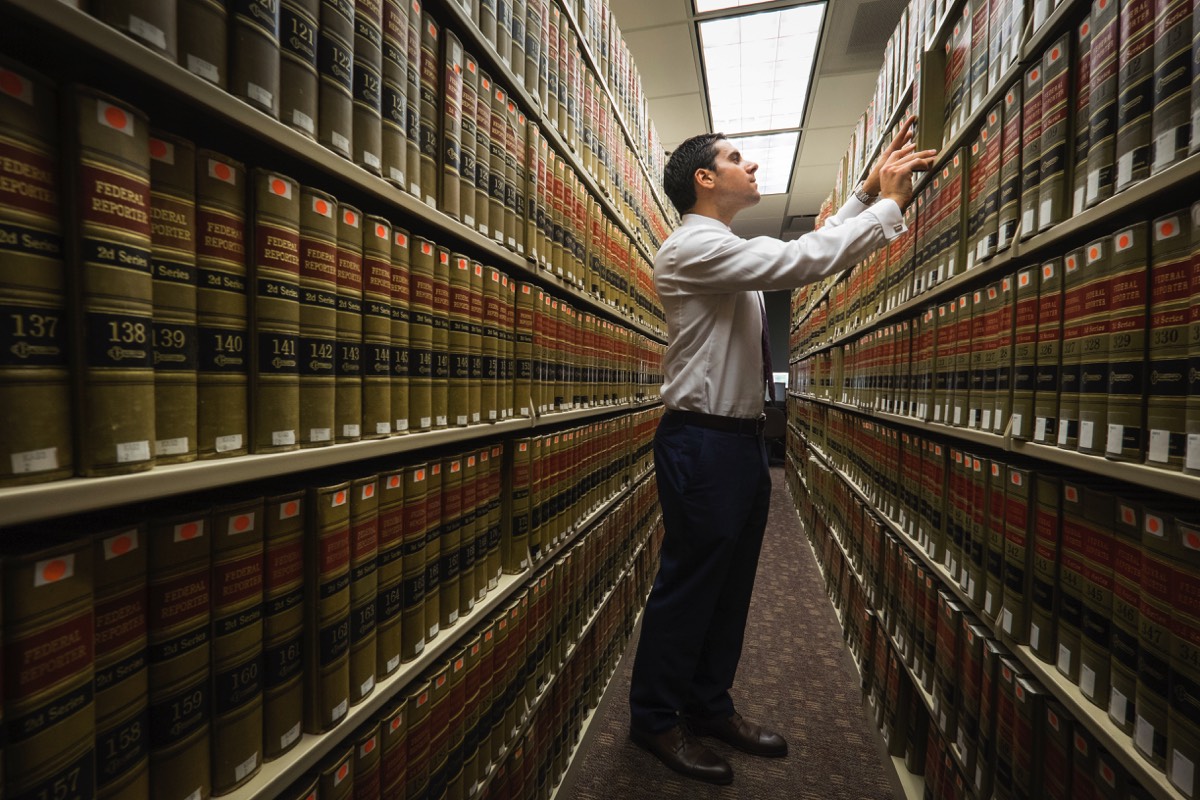
Preparation
What are the keys to success in the courtroom? From our perspective a trial lawyer almost all successful lawyers prepare for and approach their cases the same way:
- They understand the case better than their opponents.
- They control the courtroom.
- They project confidence in themselves and have respect for the court and justice system.
- They connect with the judge and jury and persuasively demonstrate knowledge, confidence, and sincerity.
- Who will be the key witnesses? In what order will they testify? What will be the points opposing counsel will strive to make with each witness? What points will I want to make with my opponents’ witnesses? Will I take on the witness during cross-examination, or will I respond by putting on my own witness to rebut evidence that is not helpful?
- Knowing all of the potential evidence that may be offered and planning a response gives a lawyer the ability to react quickly and adroitly. It also allows the lawyer to put aside those detailed notes and list of questions and focus on what is taking place the moment. This is particularly important on those occasions when an unpredictable event occurs notwithstanding all of the advance preparation and planning.
Being prepared gives lawyers the necessary confidence to seize the moment and make the courtroom their own.
Lawyers at trial are competing for the trust and confidence of the judge and jury. Demonstrating knowledge of the facts provides the opportunity for the lawyer to direct the flow of the trial, much like the director of a movie decides how and when to stage the scene.
Projecting a positive attitude and always remaining respectful to the judge, the judge’s staff, and the jury are of paramount importance. Jurors are conditioned to respect the judge and the court system, and any sign of disrespect directed at a witness, lawyer, or the court, even if only in tone or facial gesture, will generally backfire on the offending lawyer. There will be times when a lawyer will disagree with the judge or might even question the judge’s fairness, but it is essential to put those thoughts out of mind. If jurors perceive disrespect, they will be unforgiving.
In addition, trial preparation should always include a thorough review of relevant case law, even in matters where you believe you are comfortable with the legal principles involved. Reading cases on point and analyzing the fact pattern along with any emphasis the court has placed on certain facts helps to organize a lawyer’s game plan for trial and increases the likelihood that all of the elements of proof necessary to support a verdict in the client’s favor are in the record.
In summary, the importance of all these aspects of preparation cannot be understated. Successful lawyers know and understand these principles.